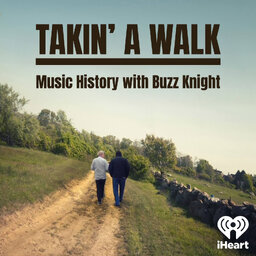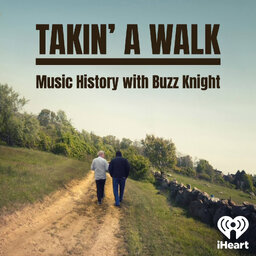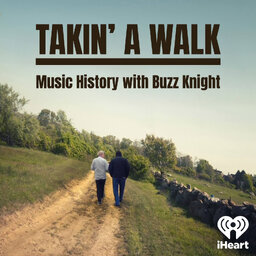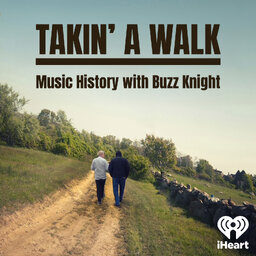"Bluegrass Steps: Walking and Jamming with Mandolin Virtuoso Sierra Hull."
Join @thebuzzKnight as he is joined by Sierra Hull, the incredibly talented mandolin and guitar master who has been creating and playing music since an early age. This episode will explore her musical journey, a whirlwind of touring and performing, her experiences with her own band and collaborations with many others. He talks with her about some of her amazing covers, including The Grateful Dead's "Black Muddy River" and Tears for Fears "Mad World."
If you have comments or suggestions, write buzz@buzzknightmedia.com
Follow on Instagram @takinawalkpodcast.
Like this show, share with your friends and leave a review here. Review
In 1 playlist(s)
Takin' A Walk - Music History with Buzz Knight
On the Takin’ A Walk-Music History Podcast, Buzz Knight goes deep with American music’s most iconic …Social links
Follow podcast
Recent clips

Join Buzz Knight and C. J. Chenier as They Explore the Rich Legacy of Clifton Chenier and Zydeco Music
23:25

Kenny Wayne Shepherd-Music History on Foot with Buzz Knight Blues, Guitars and Inside Bob Dylan Stories-Replay
39:22

Weekly Music History-From Johnny Cash to The Rolling Stones-Music History on Foot.
11:49
 Takin' A Walk - Music History with Buzz Knight
Takin' A Walk - Music History with Buzz Knight